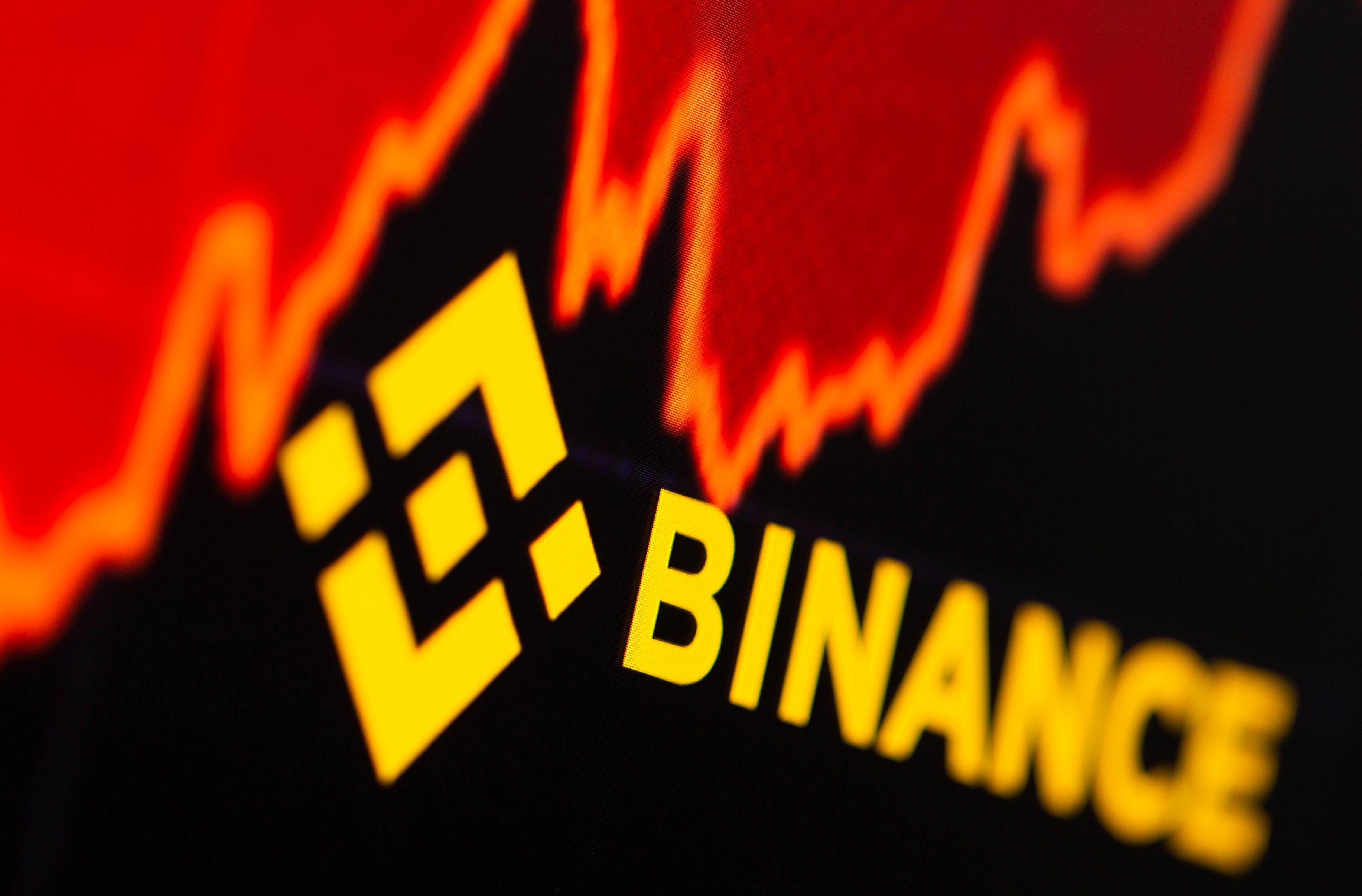

Furthermore, aggregating multiple geographic data points enables compliance officers to determine if any one data point has been manipulated, thus providing additional confidence in the integrity of the end user. regulators to allow this practice to continue.Īnonymizing geolocation technology - incorporating diverse data sources such as Wi-Fi routers, cell towers and GPS - can determine a device's true location and close the loopholes in IP address compliance programs.

For that matter, any financial services platform looking to accommodate divergent regional regulations will attract similar scrutiny by continuing such an approach. Given the allegations laid out in the SEC's legal action, it's clear that the SEC views IP location controls as inadequate for geofencing (the act of placing digital barriers around a restricted jurisdiction) and that any platform relying on such controls may be opening up their platform - wittingly or unwittingly - to unauthorized users. com." If Binance's "hints" were not enough, a simple Google search for "How to access from U.S." will give you numerous VPN recommendations. According to the SEC's charges, Binance employees were instructed to "nform user that the reason why he/she can't use our is because his/her IP is detected as US IP if user doesn't get the hint, indicate that IP is the sole reason why he/she can't use. In many cases, Binance employees didn't even have to explicitly tell their customers to manipulate their IP addresses. users would naturally gravitate toward using location obfuscation technology to access offshore accounts. customers was premised on the belief that U.S. The use of such applications to manipulate IP addresses is hardly a secret. Not only is IP an inaccurate system - generally affiliated with data centers and not a device's location - but IP addresses can be easily manipulated by various cheap, easy-to-obtain and widely promoted tools, such as VPNs, proxies and fake location apps. However, IP is now obsolete for geographic compliance purposes. Internet Protocol (IP) addresses have been the status quo data point for user geolocation for four decades. While the systemic encouragement of noncompliant practices is specific to the allegations against Binance, numerous companies in the crypto industry - even ones with smart compliance teams working in good faith - construct jurisdictional compliance programs with inadequate IP address technology. customers to bypass … restrictions through the 'strategic treatment' of virtual private networks (VPNs) that would disguise their locations and thereby 'minimize economic impact' of Binance's public proclamations that it was prohibiting U.S investors on the platform." Additionally, the SEC alleges that this strategy was driven by senior-level leadership, with Binance CEO Changpeng Zhao allegedly directing employees to "implement a plan to encourage customers to circumvent Binance's geographic blocking of U.S.-based IP addresses by using a VPN service to conceal their U.S. customers to use location-anonymizing technology to access their offshore platform.Īccording to the SEC, Binance " U.S. Binance relied on easily circumventable IP address controls for their jurisdictional restrictions while incentivizing U.S. Binance's alleged strategy to retain U.S.


 0 kommentar(er)
0 kommentar(er)
